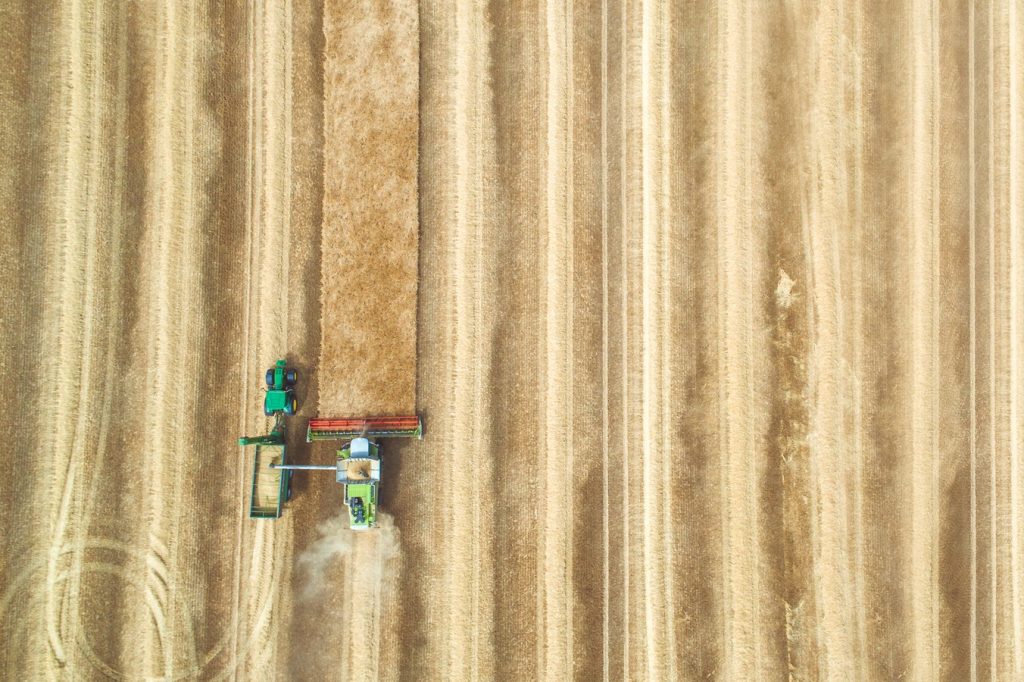There won’t be enough food to feed the world’s population by 2050.
These are the daunting findings reported CB Insights’ Feeding the Future report, which says that a 69% increase in food calories is needed to feed 9.6 billion people by 2050.
As things stand global food crisis is likely.
The impact of this report is serious, drawing attention to a rising problem with food consumerism. In the world today there are already around 795 million people who don’t have enough to eat, which equates to one in nine people. This figure is set to increase with a rise in population predicted until at least 2050.
And, while the places worst affected are developing countries in Asia, Sub-Saharan Africa, Latin American and the Caribbean, it is Western developed countries contributing most significantly to the crisis. In America, 40% of all food products are thrown away each year and largely consumerism is to blame. On top of our wastage, it is predicted that the demand for crops globally will increase 60-120% by the year 2050 (in comparison to 2005) due to the increase in population, income and a move towards a diet higher in animal products.

So why are we so inefficient with our food?
Well, only 55% of the calories available from crops go directly to humans: 9% are used in industry (for things like biofuels) and a significant 36% are used to feed livestock. Calculations have shown that a purely animal product based diet would require 909% more crop growth in comparison to a purely plant-based diet. Humans getting calories from animals is utterly inefficient: 89% of calories are lost when we consume them via animal products.
Essentially, what this means is, only 5.6 quadrillion calories are available to humans annually – 1.8 quadrillion short of the number required to feed everyone a 2700 calorie per day diet.
Given these statistics, it’s no surprise that scientists and entrepreneurs are seeking to discover efficient ways of feeding the world. For example, two biotechnology startups, California-based Calysta Inc. and India-based String Bio, have both discovered how to produce ‘beef-like’ products from methane. Because methane is emitted from landfills, farms, and oil and gas extraction, this may not sound all too appealing, but the need for alternatives to animal products is evidently paramount.
There is hope. Generally, reception to new food initiatives is positive: the millennial generation in particular seems to be more adventurous in their eating habits, willing to experiment with new protein sources.

In fact, a 2015 report published by NPD Group, Midan Marketing, and Meatingplace, found that an impressive 70% of consumers who eat meat are substituting for a non-meat protein in their meal at least once a week. Promisingly, of that number 22% said that they are using non-meat proteins more frequently than the year before, illustrating the potential to move in the right direction.
This may link to the fact that many consumers claim environmental sustainability is a priority for them. A recent study found that 33% of consumers opt to buy from brands that they believe are doing social or environmental good.
The global food system isn’t working as it is, but there is hope that with more innovations and more people turning to a plant-based diet, we could slow down and maybe even prevent the world from running out of food.
Image credit: Good Catch


